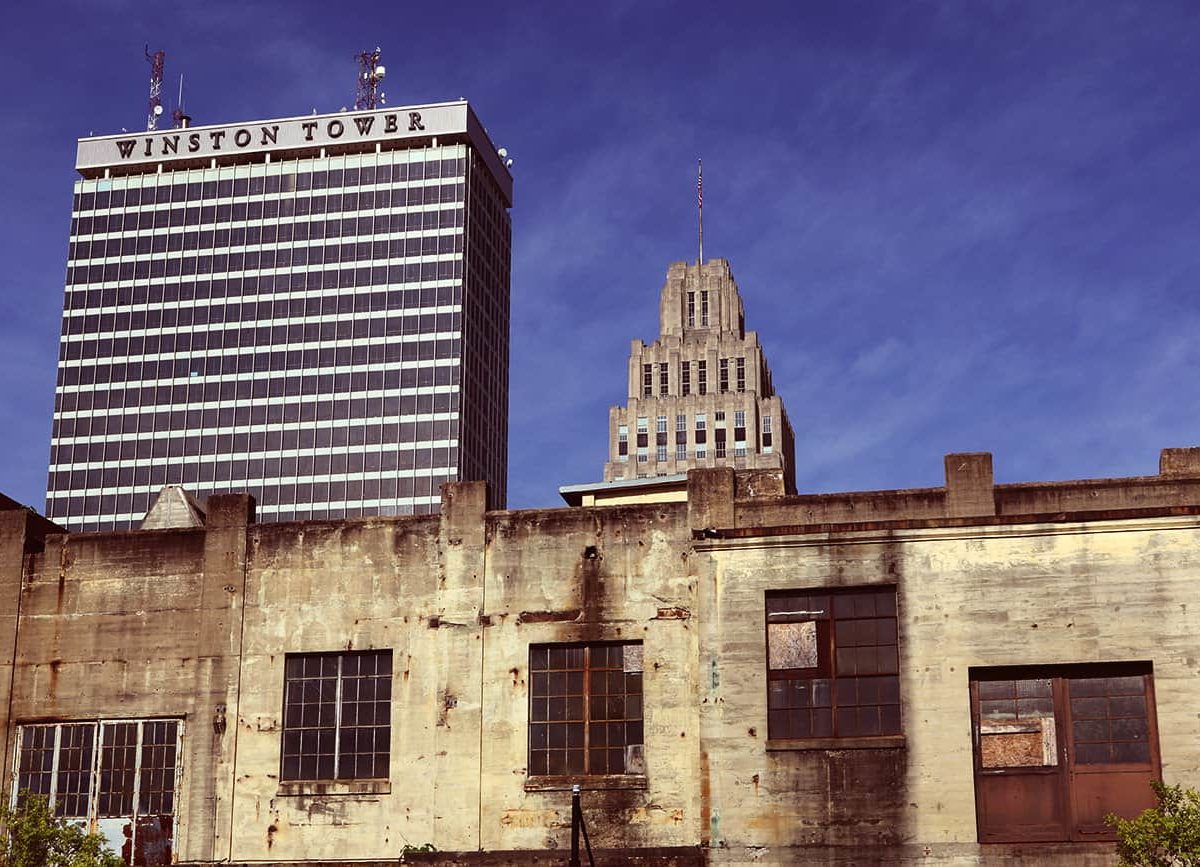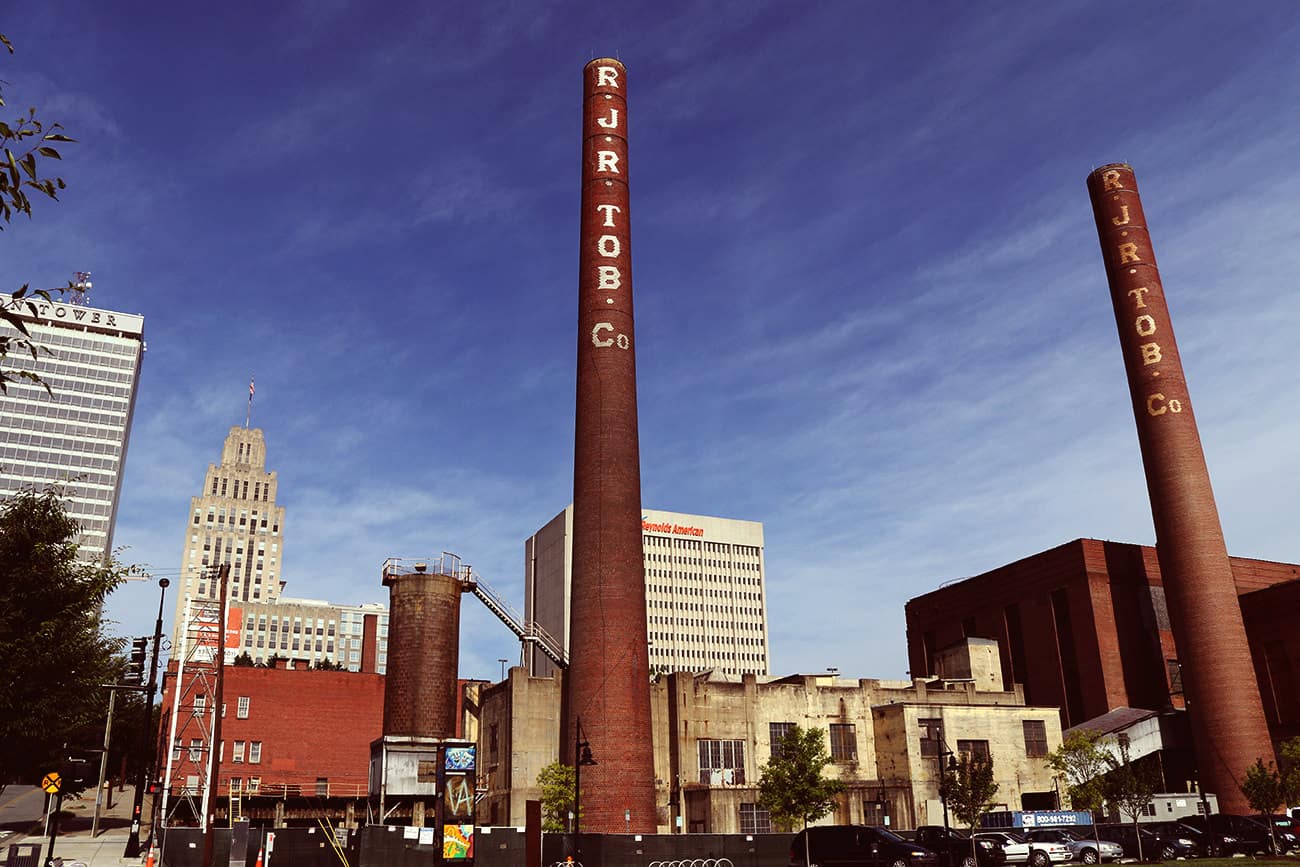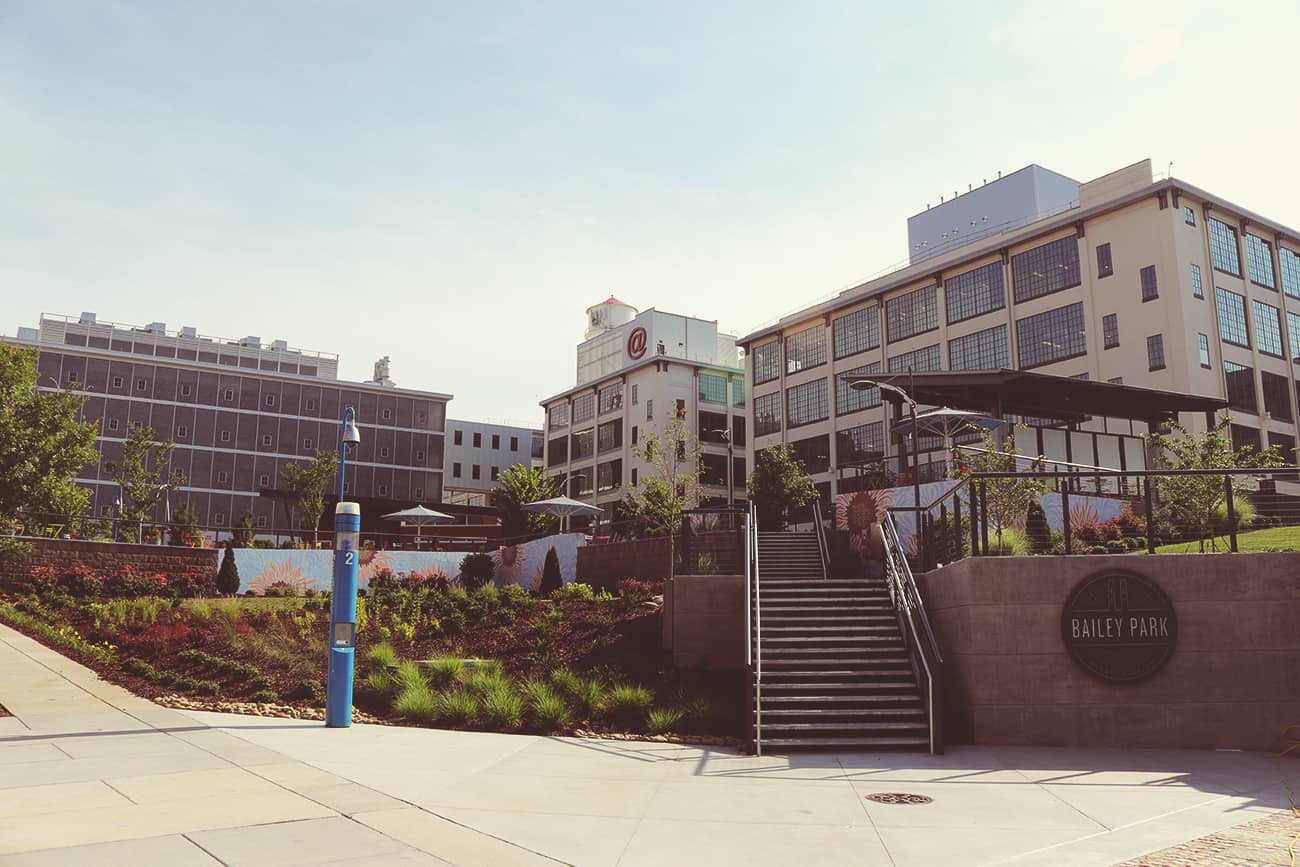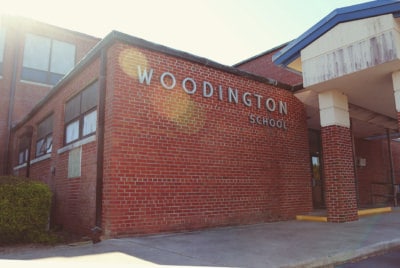
“The quality of life for a child and the contributions the child makes to society as an adult can be traced back to the first few years of life. From birth until about 5 years old a child undergoes tremendous growth and change. If this period of life includes support for growth in cognition, language, motor skills, adaptive skills and social-emotional functioning, the child is more likely to succeed in school and later contribute to society.”
—Early Childhood Development: Economic Development with a High Public Return, a report from The Federal Reserve Bank of Minneapolis.There is a picture of my daughters standing awkwardly in the front of our house, strapped to their backs are oversized backpacks, they are wearing new clothes, and carrying brightly colored lunch boxes, heavy with the healthy meal their mother made them the night before.
They are unsure of how to stand. They are anxious and uncertain.
It is the first day of kindergarten.
It is easy to look at that picture — or any picture of a child ready to start the long journey of a formal education — and see a new beginning. The start of a new life phase.
But it’s also appropriate to see in that picture — in that moment — a culmination.
A culmination of all the work, the learning, the teaching that got them to that point. That point in a child’s life when they are ready to learn. It is a critical moment in a child’s development. The future is by no means written but the advantages to that point have certainly made their difference.
For too many children, that first step into the schoolhouse quickly becomes a race. A sprint to make up lost ground to their peers who had the benefit of a high-quality preschool experience. Who had access to healthcare. Who grew up in an economically secure household. Who never missed a meal. Who had parents with stable employment and predictable work hours.
The gap between those children and their peers is not the result of a lack of innate intelligence. It is not the result of inadequate parenting.
It is the result of access. Access to the resources any kid needs — and deserves — to be a success in life.
So how do we help more kids reach their potential? To have the supports they need to be ready for success at the start of kindergarten and beyond?
The call for broader, high-quality early-childhood opportunities is one that crosses the political spectrum, that unites public and private institutions, and aligns the interests of the business and the nonprofit sectors.
In 2010, the U.S. Chamber of Commerce released a report detailing ways businesses could support early childhood initiatives in their own states and local communities. The Ready, Set, Go: How Business Can Support Early Childhood Education report encouraged industry leaders to “…adopt a policy position in support of public investments for effective, high quality early education programs.”
In his 2013 State of the Union address, President Barack Obama called for greater access to high-quality preschool for all children, noting that “every dollar we invest in high-quality early childhood education can save more than seven dollars later on — by boosting graduation rates, reducing teen pregnancy, even reducing violent crime.”
In 2014, President Obama convened The White House Summit on Early Childhood Education with a call to improve early-learning opportunities for all children. He even released a playbook to help communities become an early-learning community.
Though the national and state policy discussions are important to help more kids earlier in life, that conversation should not happen to the exclusion of the community voices who know too well the problems facing their own kids — communities that too often find themselves excluded from the conversations where their voices are needed the most.

No one knows better the issues that need to be addressed than the people who call a place home. And those are the same people who frequently know the best way forward. Communities know where the gaps in services are, which neighborhoods need the most support, which policies need to be changed, which systems need to be aligned, and which partnerships need to be formed.
In Forsyth County, that work has already started, and major philanthropies and local business are working with nonprofits and the local school district to get more kids ready to learn and on the path to a lifetime of success.
There are 54,278 students in public schools in Forsyth County this year. Twenty-five percent of these students are Hispanic, and 28 percent of these students are African American.
According to the Annie E. Casey Kids Count Data Center, the percentage of students enrolled in the free-and-reduced price lunch program steadily increased from 47.8 percent in the 2007-08 school year to 55.1 percent in the 2010-11 school year. According to the National Center for Education Statistics, that places Forsyth County’s participation in the program roughly five percentage points higher than the percentage of the state enrollment (50.3 percent), and seven percentage points higher than the national average for the 2010-11 school year.
A 2013 report by Forsyth Futures noted that 42 percent of Forsyth County’s incoming kindergartners were either at “some risk” or “high risk” of falling behind their peers in learning to read and that the majority of Title I students in the district were at risk. The group’s Making Progress Report: Children Ready for School 2013 also found that for more than 13,000 families in the county with children under the age of five “the average cost of high-quality child care would be more than 10 percent of the family’s income.” And while there were 1,723 children whose families were receiving child-care subsidies in May of 2013, there were also 2,252 who were eligible but still on the waitlist.
“Winston-Salem has been a city that has collaborated for a long time now. …There’s a lot of innovative things going on in Winston-Salem. Institutions are beginning to get it. To understand that if we want to effect change, we can’t do this by ourselves. We have to partner with residents to have some positive outcomes. This whole thing around collaboration has prepared Winston-Salem for this shift in working within communities and using the gifts and talents of residents. This is a wonderful time for Winston-Salem.”
—Paula McCoy, executive director, Neighbors for Better NeighborhoodsBut Forsyth County is making progress. The Forsyth Futures report notes there was a decrease in the number of high-risk students in the county between 2012 and 2013, and the number of children in child-care facilities rated as either four or five stars increased from 62 percent to 67 percent between 2010 and 2012.
The Making Progress Report was a measure of Forsyth Future’s 2011 goal to see the county increase the percentage of children who were at “no risk” in falling behind in early literacy to 64 percent by 2020, and to increase the county’s enrollment in four- and five-star rated child-care facilities to 74 percent by 2022.
Work is underway in Forsyth County to help achieve those goals, as well as others that will prepare more of the community’s children not only for success in kindergarten but throughout life. It is a mixture of improved and more efficient on-the-ground services, and system-wide alignment of resources.
Great Expectations is a new initiative funded by the Kate B. Reynolds Charitable Trust to help more financially disadvantaged kids in Forsyth County reach “age-appropriate developmental milestones in their first five years” before they enter kindergarten.
The Forsyth Promise is a community-wide initiative to create a “cradle-to-career infrastructure” in the county through better alignment and coordination of community resources and services.
Project Impact is a partnership to align community resources to help the Winston-Salem/Forsyth County Schools to address achievement gaps and improve math and reading scores across the county.
There are also organizations working on the ground to help children and their families be more successful.
Imprint Cares is a local nonprofit working with families across the child’s life to increase success in school through tutoring, before- and after-school care, and summer camps. The group offers home visits for parents of children birth to five. It uses the Parents as Teachers model to assist new parents, the best resource and support in preparing their children to learn.
Neighbors for Better Neighborhoods helps local residents work together to improve the places they call home and ensure they have a voice in the discussion about what the future looks like for their community.
The Work Family Resource Center is a referral agency that connects parents to quality childcare facilities in the community and promotes the importance of childhood learning.
And there are many, many more agencies and individuals working with children and families across the community.

Over the next year, Education NC will be taking a deep dive into Forsyth County, profiling the individuals and organizations that are working to prepare the county’s at-risk children, age four and under, for a lifetime of success. We will focus especially on those children who are born at risk each year in Forsyth County and the work being done to impact their life trajectory from birth to kindergarten.
Not every community has a Great Expectations, a Project Impact, or a Forsyth Promise. But every community can come together to start a discussion about what a better future looks like for their children and the places they call home. Every place can scan the resources in their own community to see where there is a delivery gap or a redundancy in services.
To amplify the work happening on the ground in Forsyth County, and to share the success stories with other communities across the state, we will:
Tell the stories of the families who want a better life for their children
Highlight the organizations who are breaking down silos to deliver services more efficiently
Analyze policy to find areas where needs are not being met or where innovation is being made
Speak with leaders of business and industry who are working across the public-private divide
Focus on services that supports families and the resources they need to prepare their children for a lifetime of learning
Amplify what is working in Forsyth and how those models can be replicated in communities across the state



